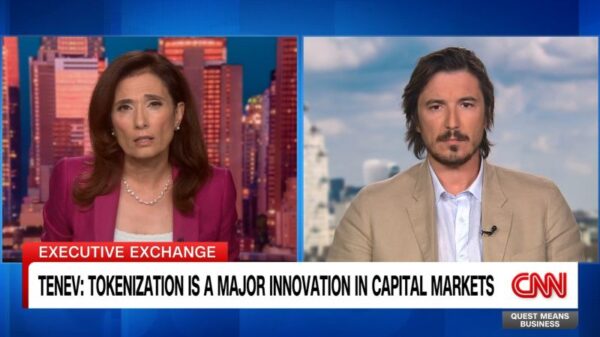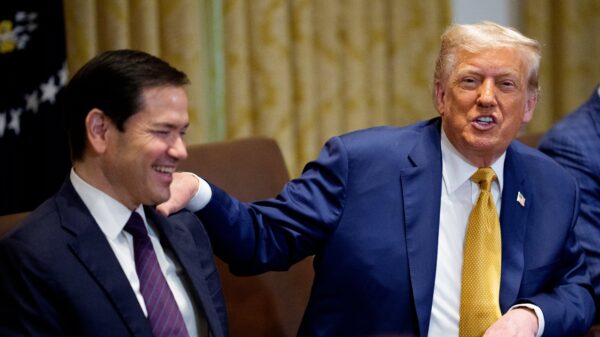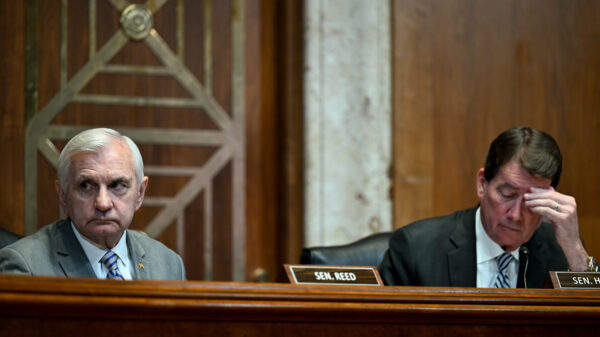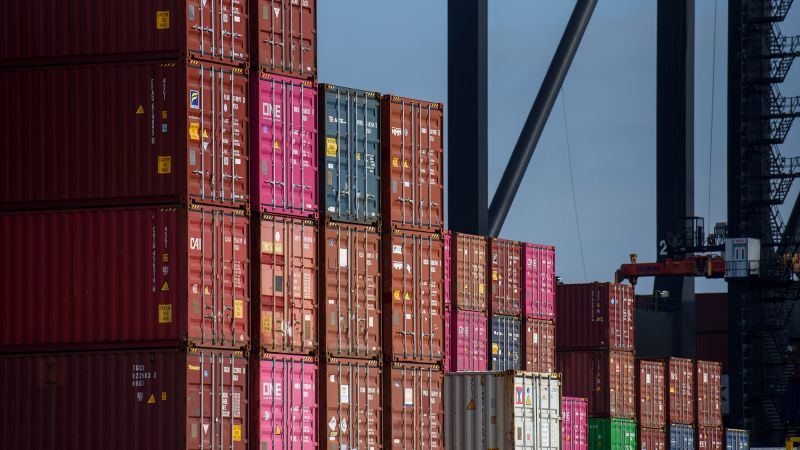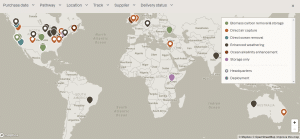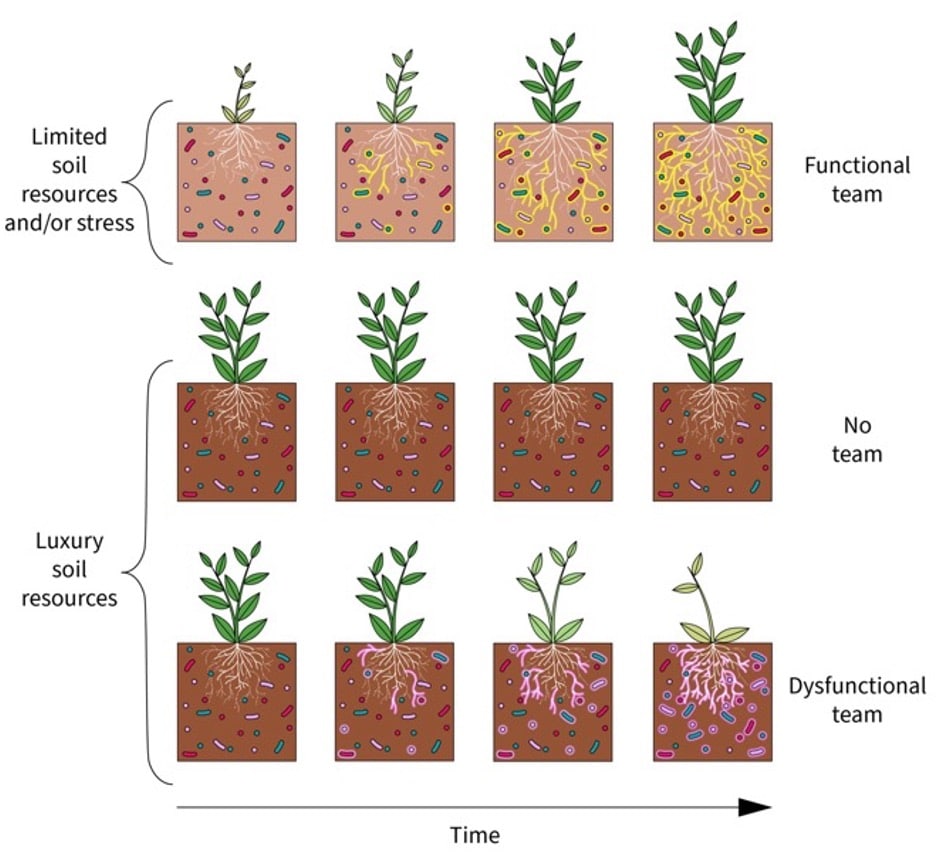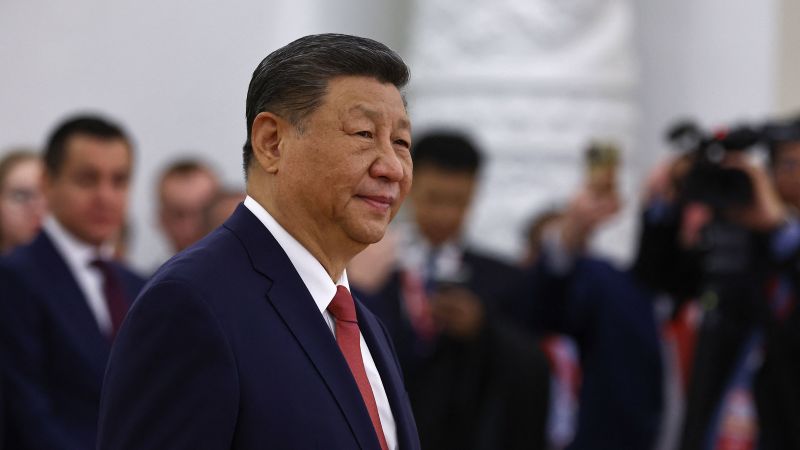President Donald Trump has postponed the implementation of his proposed “reciprocal” tariffs on numerous countries, pushing the deadline from today to August 1, 2023. This decision extends uncertainty for American businesses but also grants trading partners additional time to negotiate agreements that could help them avoid the steep levies. Economists generally view this delay positively, as tariffs are often perceived as detrimental to both domestic workers and consumers.
The anticipated tariffs, which have been met with widespread criticism, are part of Trump’s ongoing trade policy. Mainstream economists argue that high tariffs do not solve trade imbalances and can lead to adverse economic outcomes. While the tariffs have not yet significantly affected inflation or job growth, experts caution that their long-term impact could be more severe.
“Inflation is ‘the dog that didn’t bark,’” remarked Scott Bessent, Treasury Secretary, referring to the current economic calm. Yet, many economists believe that the delayed effects of tariffs could begin to manifest towards the end of the year, potentially leading to economic turmoil.
Economic Implications of Tariffs
Tariffs function as taxes on imports, typically resulting in higher costs for producers and ultimately increased prices for consumers. According to the Organisation for Economic Co-operation and Development (OECD), nearly half of all imports to the United States comprise intermediate goods essential for manufacturing finished products.
As noted by Doug Irwin, an economics professor at Dartmouth College, the impact of tariffs can be seen in industries reliant on imported components. For instance, both Boeing and automotive manufacturers depend heavily on internationally sourced materials. When tariffs are enacted, the increased costs are often passed on to consumers, who end up paying more for these goods.
Historical data reinforces the argument that tariffs negatively affect consumer prices. A study conducted in 2019 by Mary Amiti at the Federal Reserve Bank of New York revealed a “complete pass-through” of tariffs into domestic prices, leading to greater expenses for American consumers. As Hugh Gimber, a global market strategist at J.P. Morgan Asset Management, pointed out, the generally low tariffs over the past two decades have kept import prices manageable, contributing to relatively stable inflation rates.
Despite Trump’s claims that tariffs would protect American jobs, the reality may be more complex. A rise in import taxes has the potential to result in increased unemployment, particularly in industries reliant on imported materials. Research indicates that the 2018 steel tariffs, for instance, led to job losses in downstream industries that employed more people than the steel sector itself.
Uncertainty in Business Investment
The unpredictable nature of Trump’s trade policy has created an environment of uncertainty for American businesses. Surveys from the National Federation of Independent Business indicate that this uncertainty has already impacted companies’ willingness to invest. The proportion of small businesses planning capital investments within the next six months reached its lowest level since April 2020.
“The economy will continue to stumble along until the major sources of uncertainty, including over tariffs, are resolved,” the federation stated. “It’s hard to steer a ship in the fog.”
In light of potential retaliatory measures from other countries, the economic landscape could become even more challenging. As tariffs on American exports increase, foreign consumers may face higher prices, which could diminish demand for those goods. Following the announcement of new tariffs, other nations quickly implemented their own levies, although recent agreements with China and the European Union have temporarily eased tensions.
The International Monetary Fund (IMF) has also expressed concern regarding the long-term effects of increased tariffs on productivity and economic output. A study analyzed data from 151 countries between 1963 and 2014 and concluded that tariffs generally have “persistent adverse effects” on a country’s gross domestic product.
While there are arguments supporting the notion that tariffs can protect domestic industries, the broader consensus among economists suggests that enhancing competitiveness through free trade is more beneficial. This perspective acknowledges the significance of maintaining healthier international relations, as stronger trade ties can foster peace between nations.
In conclusion, the latest delay in Trump’s tariffs highlights the ongoing complexities and uncertainties in international trade. As businesses navigate this challenging environment, the implications for both the economy and consumers will need to be closely monitored in the coming months.




